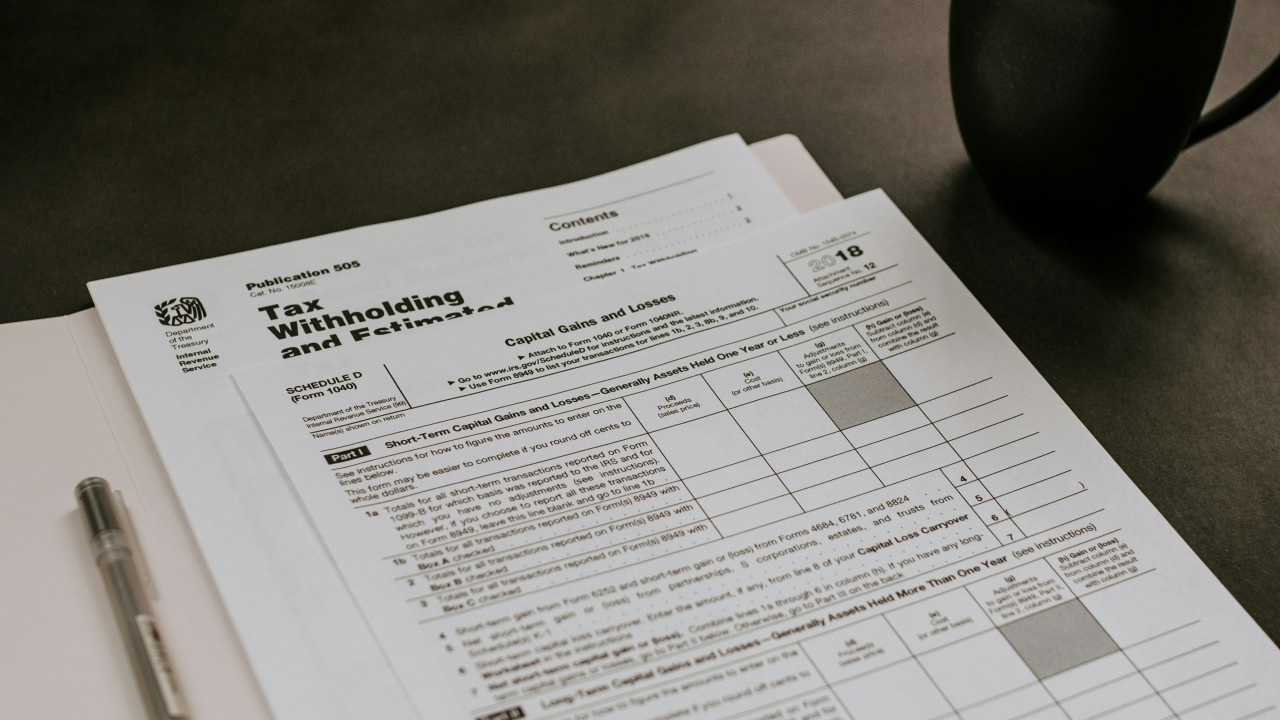Let’s dive into the law of unequal distribution and its purpose. Along those lines, I also want to talk about the progressive tax code. Is its purpose to produce more or is it a level of political expediency? Think about it. A progressive tax code effectively says, “The less you make, the less you are taxed. The more you make, the more you are taxed.”
In economics, it’s interesting. If we really want to make a lot of money and pay down the national debt, we should reverse the tax code, so it creates an incentive. In the reversal, it would be: The less you make, the more you pay in taxes (percentage wise). Or stated another way: The less productive you are, the greater the penalty. More productivity reduces the penalty. If you’re making over $1 million a year, you’ll pay less in taxes (percentage but not actual dollars) than those making $50,000.
Is that fair? Of course, it depends on how you define fairness. Consider this question: Should the most productive have more tools to reach greater productivity or fewer? And then, where does everyone benefit? One of the stumbling blocks regarding capitalism is the failure to understand that the more money you make, the more positively you can affect other people because capitalism is based on trade – value for value. When the most productive have more tools to be productive, everyone else is better off.
Imagine if Elon Musk had all the capital that he paid in taxes available to him. What might he do with it? Now a knee-jerk reaction might be that he’ll use it to buy more yachts. Okay… however, his desire for more yachts hires people to build those yachts. More than likely, the result of him having more capital would be that there would be charging stations in every town or Skynet would be everywhere and would be even cheaper.
So how does any of this relate to the principles of Getting Results? Back to the law of unequal distribution – four percent of your book or clientele is providing about 60 percent of your overall asset value. But it’s highly unlikely that any of us has spent six months with the four percent of our most productive. So that begets the suggestion: Imagine if you did.
It’s really easy to become distracted by the other 96 percent, but if you focus on the top four percent that’s driving well over half of the results – making their lives better, richer, stronger – think of the impact it will have.
Think of the four percent as the signal, and the rest is the noise – the static. The noise distracts us and pulls us into the proverbial wilderness. It mirrors the progressive tax code. Simply 96 is bigger than four. The four percent of the most productive represents only a sliver of the entire population but are easily outvoted by the 96 percent.
I’ll circle back to attention. Where do you give your attention and what are you trying to accomplish?
Focus on the four percent and pay attention to what generates value. Focus on the signal and tune out the noise.
Coach Ken
www.gettingresultsinc.com , check out the podcast under resources on the site. new ideas and new actions = $









